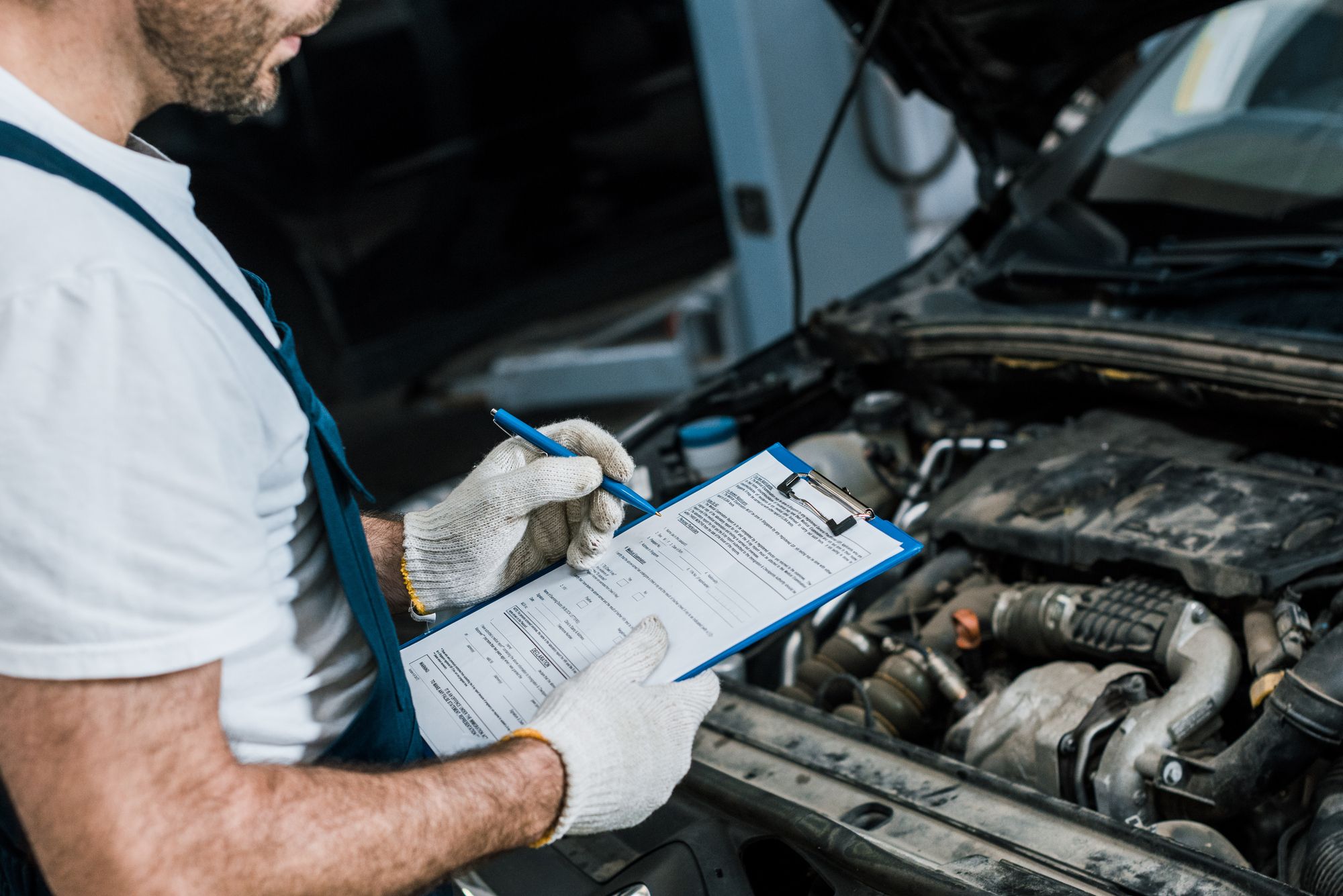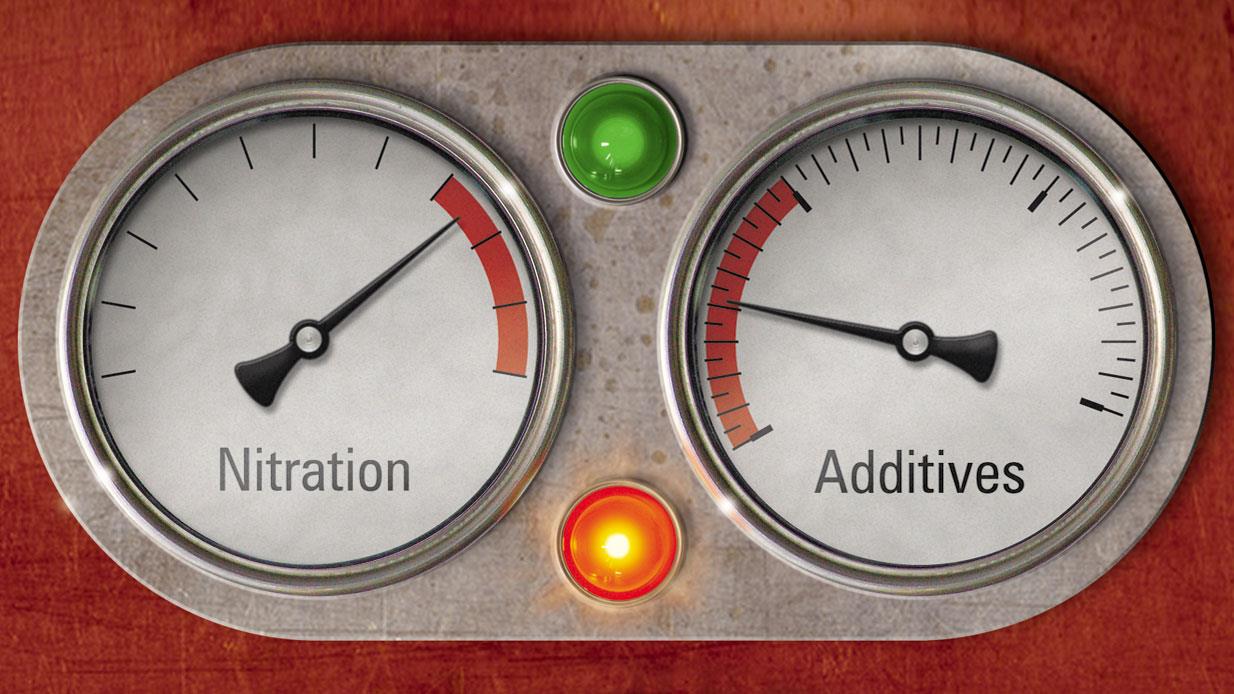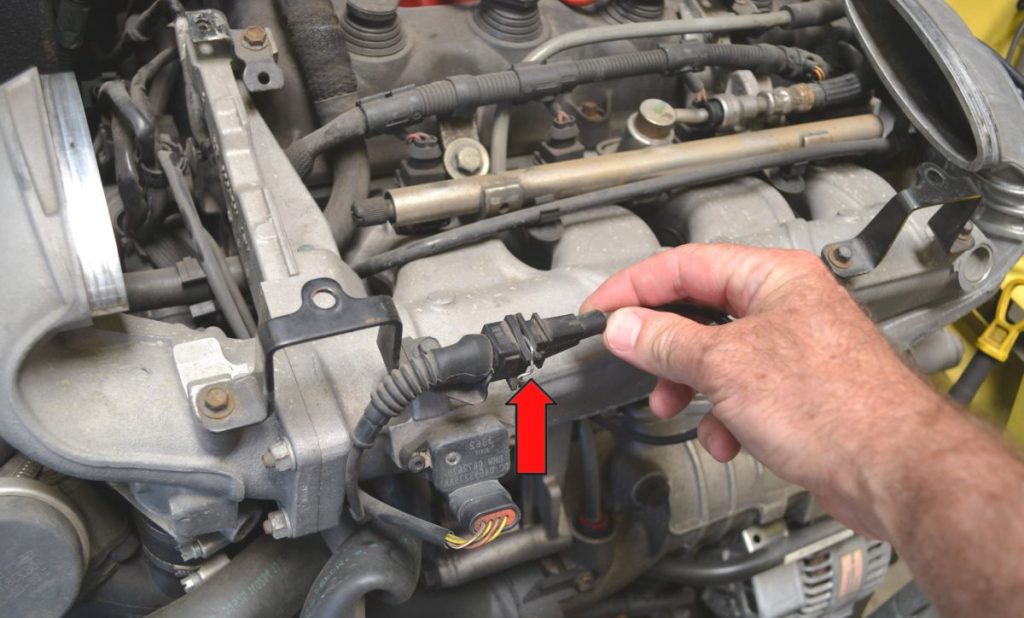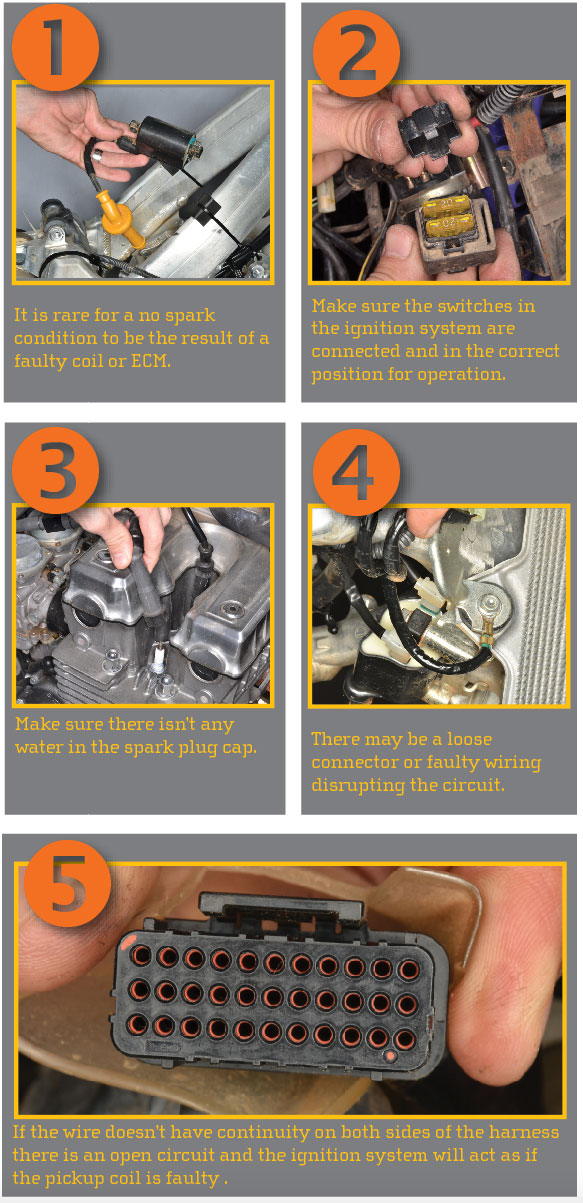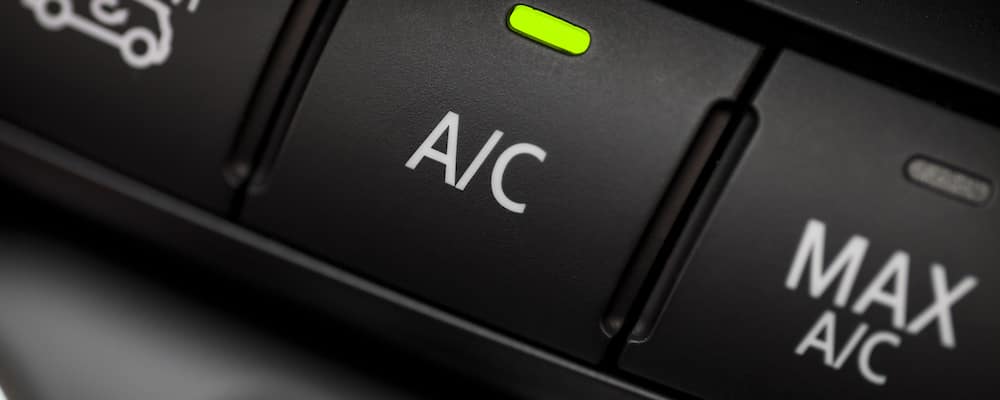Is There a Warranty on Car Repairs
Car repairs often come with a warranty, but coverage varies by service provider and repair type. Warranties can range from a few months to several years.
Car owners typically prioritize reliability and longevity in vehicle performance, so understanding warranty terms for car repairs is critical. A warranty on car repairs acts as a promise from the repair shop or manufacturer, assuring the quality and durability of their work and parts.
Such guarantees are customer assurance measures, designed to build trust and protect against defective materials or workmanship. Knowing the scope of your warranty gives confidence when making significant investments in vehicle maintenance and repair. Trustworthy service providers transparently outline warranty specifics, fostering customer loyalty and peace of mind after servicing. Always verify the warranty details before committing to repair services to ensure your vehicle receives the support it deserves post-repair.
Car Repair Warranties Explained
Many drivers worry about future car issues. A car repair warranty can ease this stress. It is an agreement to fix certain car problems. These warranties can come from warranties or repair shops. But what do they really offer? Let’s dive into what these warranties cover and the types available.
What Does A Car Repair Warranty Cover?
Car repair warranties promise to repair specific parts of a car. Not everything is covered. Commonly covered items often include:
- Engine parts: such as pistons and cylinders
- Transmission: the gears and parts that move the car
- Electrical components: like wiring and fuses
These warranties do not cover things like tires, brakes, or oil changes. They are parts that wear out with normal use.
Different Types Of Car Repair Warranties
Car repair warranties come in different forms. Each offers a unique level of protection:
| Type | Duration | What’s Covered |
|---|---|---|
| Manufacturer’s Warranty | Usually 3 years or 36,000 miles | Most car parts and systems |
| Extended Warranty | Varies, can extend to 100,000 miles | Similar to manufacturer’s, but longer |
| Aftermarket Warranty | Varies by provider | Add-ons or parts not made by the car’s maker |
Knowing warranty specifics helps car owners plan for repairs. Warranty details can influence the cost and choice of a car. It’s smart to ask for warranty information before getting car repairs. This can save money and time in the long run.
Dealership Vs. Independent Garage Warranties
When your car needs repairs, understanding warranty options is crucial.
Dealerships and independent garages offer different benefits.
Make an informed decision for your car’s needs.
Benefits Of Dealership Warranties
Dealership warranties often come directly from the vehicle manufacturer.
They typically include a range of benefits.
- Original Equipment Manufacturer (OEM) parts ensure a perfect match for your vehicle.
- Qualified technicians specialize in your car’s brand.
- Service aligned with brand-specific guidelines.
- Potential for complimentary maintenance and offerings.
Advantages Of Independent Garage Warranties
Independent garages offer their own unique set of advantages.
- Often more affordable repair options compared to dealerships.
- Personalized service with a customer-focused approach.
- Flexibility in choosing parts and repair methods.
- Support local businesses within your community.
Understanding Your Rights
Dealing with car repairs can be daunting. Knowing your warranty rights is essential. A warranty is a promise from the manufacturer. It covers repair costs if something goes wrong. Not all car repairs have a warranty. It depends on the repair shop and the type of service. Some shops offer warranties on specific repairs. Others may provide guarantees for a few months. Always ask about warranty options before getting car repairs.
The Magnuson-moss Warranty Act
The Magnuson-Moss Warranty Act is a federal law. It protects you when you buy products with warranties. Under this act, warranties must be clear and easy to understand. This act applies to cars, too. It means your car’s warranty should be straightforward. It should tell you what it covers and for how long.
- Full Warranties: These warranties cover most repairs with no charge.
- Limited Warranties: These cover only certain parts or repairs.
- Implied Warranties: These are unspoken, unwritten promises from the seller to the buyer.
State Laws And Car Repair Warranties
Each state has different laws on car repair warranties. Some states require repair shops to offer warranties. In these states, shops must tell you about warranty terms. Always check your state’s requirements. Find out if there’s a minimum warranty period for car repairs.
| State | Minimum Warranty Period |
|---|---|
| New York | 90 Days or 4,000 Miles |
| California | 12 Months or 12,000 Miles |
| Florida | No minimum requirement |
If your state has no specific law, look for a shop that offers its own warranty. Choose reputable shops with transparent warranty terms. It’s your right to understand what any warranty covers. It’s the shop’s duty to honor it.
When Warranties Do Not Apply
Car repair warranties promise peace of mind, yet they have limits. It’s crucial to know when coverage lapses. Certain scenarios render warranties void. This section unfolds the curtain on such instances, guiding car owners through the maze of warranty conditions.
Common Exclusions And Limitations
Warranties often come with a fine print that can surprise car owners. Here are some typical warranty exclusions:
- Damage from accidents: Impacts and collisions usually fall outside warranty cover.
- Improper maintenance: Skipping regular service checks voids warranties.
- Environmental factors: Nature’s wrath, like hail or flood damage, isn’t covered.
- Unauthorized modifications: Aftermarket upgrades can nullify warranties.
- Lack of documentation: Lost service records can lead to denied claims.
Wear And Tear Vs. Defective Workmanship
Understanding wear and tear versus defective workmanship is crucial:
| Wear and Tear | Defective Workmanship |
|---|---|
| Parts like brakes and tires wear out over time. Warranties rarely cover these expected deteriorations. | If a part fails prematurely due to improper installation or faulty repair, it may fall under warranty. |
Remember, warranties have a shelf-life. Routine degradation is not a defect. Always question and clarify terms with your service provider to understand the coverage scope fully.
How To Claim A Warranty On Car Repairs
Securing a warranty for car repairs provides peace of mind. But knowing how to claim that warranty is crucial. It might seem daunting, but with the right steps, you can navigate the process smoothly. This guide simplifies the procedures essential for claiming your car repair warranty. Follow the steps, gather the necessary documentation, and rest easy knowing you’re covered.
Steps To Filing A Claim
- Review Your Warranty: Read the terms carefully. Know what’s covered.
- Contact the Provider: Reach out to the entity that issued the warranty.
- Prepare Your Information: Have your policy number and details at hand.
- Submit Your Claim: Follow the provider’s instructions to lodge your claim.
- Cooperate with the Process: Provide any additional information if needed.
Documentation And Proof Of Repair
Keeping a thorough record is essential for a successful warranty claim.
- Maintain a Service Record: Save all service receipts and detailed invoices.
- Gather Repair Documents: Compile reports and any correspondence related to the repair.
- Photograph the Repaired Areas: Include visuals to support your claim.
- Record Dates and Mileage: Note when the repair was done and your car’s mileage.
Organize these documents promptly to avoid delays in processing your claim.
Tips To Ensure Warranty Coverage
Navigating car repair warranty coverage successfully requires a proactive approach. Understanding the specifics of your warranty keeps you prepared. Follow these vital tips to help safeguard your warranty agreement.
Questions To Ask Before Repairs
Clarify before service begins. Knowledge defends against warranty issues. Pose these critical questions to your mechanic:
- Is my repair covered under warranty?
- Can you provide warranty details?
- How long will the warranty last?
- Are there warranty exclusions?
Maintaining Records And Receipts
Meticulous records are your best defense. Protect your warranty by preserving each receipt and service record. This checklist keeps your documents in order:
| Date | Service Type | Cost | Provider | Notes |
|---|---|---|---|---|
| MM/DD/YYYY | Oil Change | $XX.XX | Name | Full synthetic, 5W-30 |
Organization is key. Digitize your records if possible. Create backups for safety. Always provide clear, complete paperwork when needed.
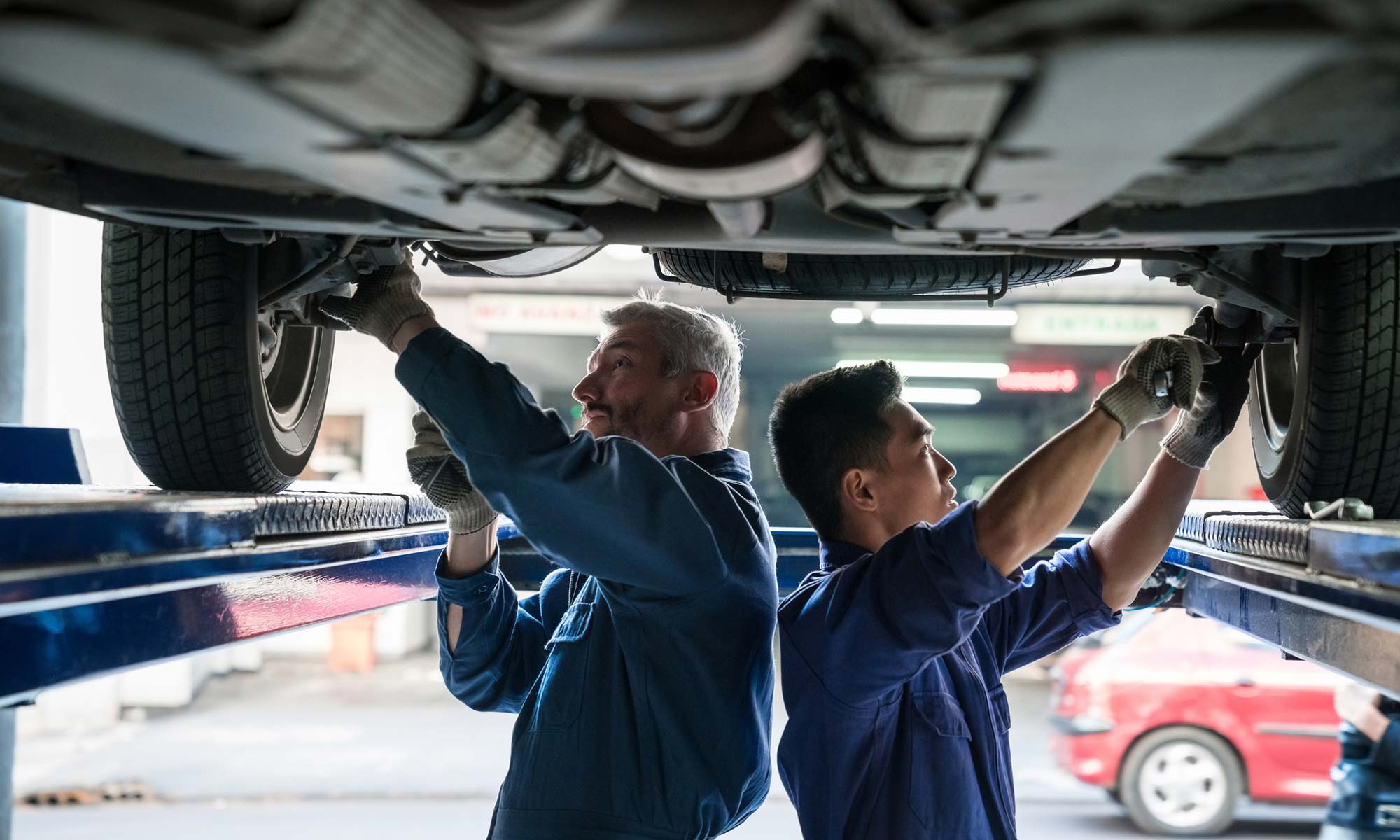
Credit: www.endurancewarranty.com
Frequently Asked Questions For Is There A Warranty On Car Repairs
What If I Get Work Done On My Car And It Doesn T Solve The Problem?
Contact your mechanic immediately to report the issue. Request a reassessment of your vehicle’s problem. Discuss guarantee terms and potential misdiagnosis solutions. Consider seeking a second opinion if necessary.
Does Warranty Cover Repair Costs?
Warranty coverage typically includes repair costs for defects in materials or workmanship. Always check the specific terms of your warranty for details.
What Are Two Items Typically Not Covered In A Car Warranty?
Two typical exclusions from a car warranty are routine maintenance items and damages resulting from accidents or misuse.
Does Warranty Include Repair?
Warranty typically covers repairs for manufacturing defects within a specified period. It does not cover damage from accidents or misuse. Always check specific warranty terms for details.
Conclusion
Navigating car repair warranties can be challenging. It’s crucial to understand the specifics of any coverage offered. Always discuss warranty terms with your mechanic before work begins. Being informed helps ensure your peace of mind on the road ahead. Remember, clarity on warranties can save you time and money.

